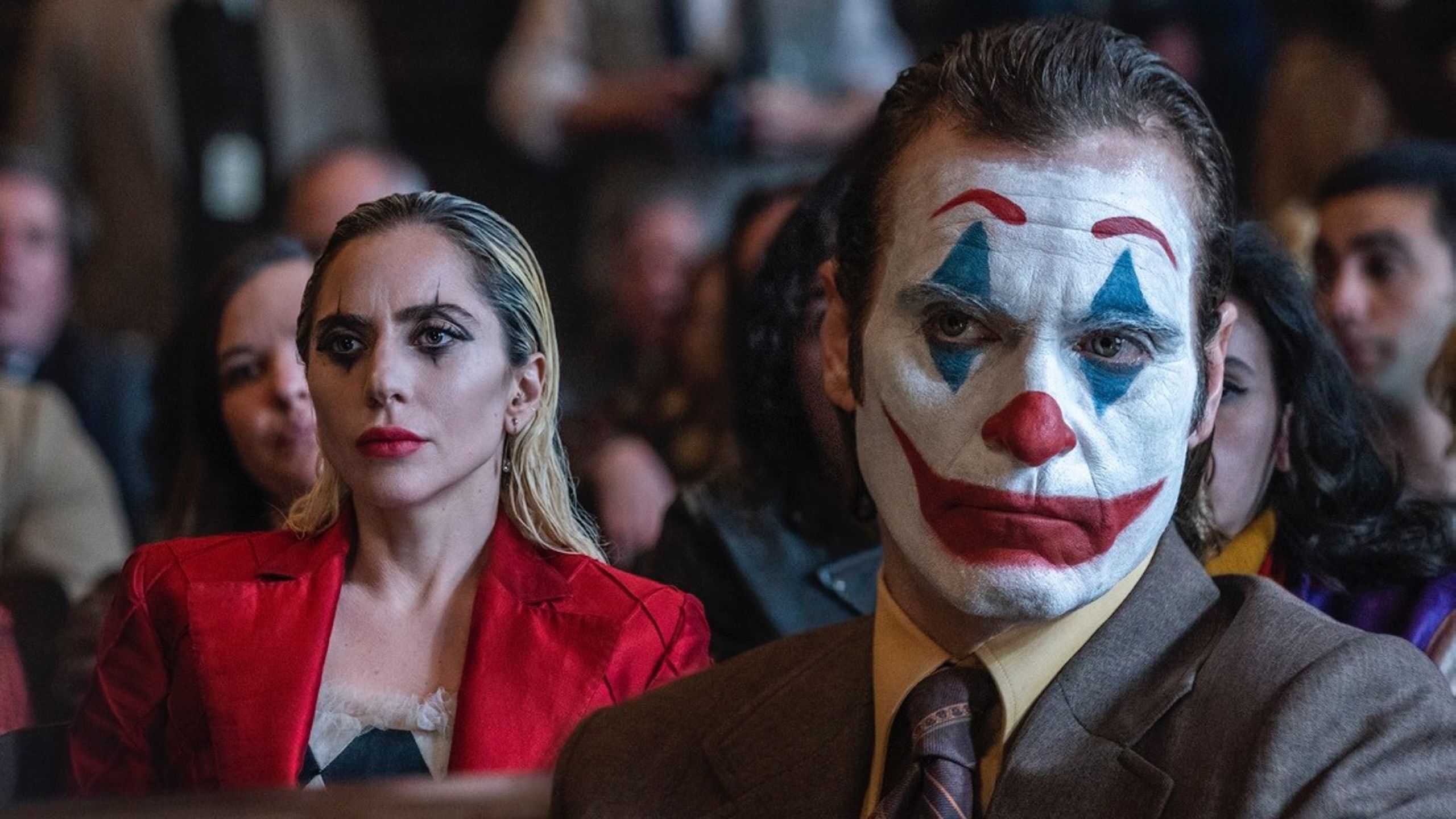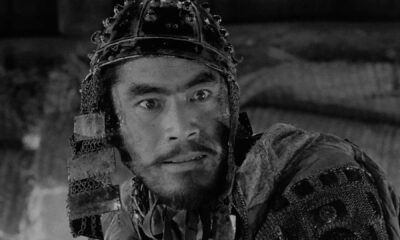Gadgets
The shocking ending of Joker: Folie à Deux explained

Key Takeaways
- Joker: Folie à Deux shocks fans with drastic twists and ends with an unexpected, violent conclusion.
- The ending is sure to make many fans angry, while leaving its meaning up to interpretation.
- Joker: Folie à Deux receives mixed reactions, with some criticizing its lack of commitment and polarizing ending.
Five years after Joker took the world by storm, director Todd Phillips and star Joaquin Phoenix are back with the sequel, Joker: Folie à Deux. To the admiration and frustration of many fans, though, the movie does not deliver anything like what people would have expected from a Joker sequel. Rather than watch the disturbed Arthur Fleck’s continued rise as Gotham’s Clown Prince of Crime, the film doubles down on its character study, and introduces some interesting stylistic zags, including bringing Lady Gaga aboard to play Arthur’s love interest and turning the film into a full-on musical. But while the musical aspect might surprise some, it’s the film’s shocking ending that will leave audiences talking and puzzling over the film.
It’s the film’s shocking ending that will leave audiences talking
In fact, it’s easy to see people being angry about the ending, and what it says about both the character of Arthur Fleck and the events of the first film, and many online are already expressing their disappointment. But what exactly happens at the end of Joker: Folie à Deux, and what does it all mean? Read on to find out.
Joker: Folie à Deux follows after the events of 2019’s Joker, in which the character Arthur Fleck channels years of abuse by other people and the systems of society into the violent persona of a clown he calls Joker, leading up to his murder of a prominent late-night host on live television. Now imprisoned at Gotham’s Arkham Asylum, Fleck is facing trial over his murder of five people. His attorney is attempting to make a plea to the jury that Fleck is not guilty by reason of insanity, but Fleck himself struggles with sublimating his Joker persona and even figuring out whether it’s a split personality at all. During his stay at Arkham, Fleck meets Lee Quinzel, played by Lady Gaga, a fellow inmate who is taking a singing class. The two fall for each other, and once Lee is let out of Arkham, she shows up every day at Fleck’s trial to support him, along with his other fans and supporters. Through a series of fantasy musical numbers, the two characters get to explore what it would be like to live out their inner Joker. The drama of the film is in whether Arthur will fully let that side of himself take over.
Then, in the film’s next big twist, a bomb goes off outside, destroying the courthouse, and leaving Arthur to stumble out into the world. He is soon picked up by a pair of masked Joker fans, who seem to think he will help them lead some kind of violent revolution, but he manages to escape from them. He then finds his way to the famous steps that he danced down in the first film and sees Lee there waiting for him. Upset by his retreat into just being Arthur, she leaves him, and he is soon arrested once again.
And this is where the final, shocking twist occurs. Now back in Arkham, Arthur is informed he has a visitor. He follows a guard down a hallway, but is then interrupted by another of the inmates, who tells a disturbing knock-knock joke and then stabs him repeatedly in the stomach. As Arthur bleeds to death on the ground, we see the other inmate sit down on a bench behind him, out of focus, laughing maniacally and using his knife to carve his own mouth, reminiscent of Heath Ledger’s portrayal of the Joker in Christopher Nolan’s The Dark Knight.
While the film leaves aspects of the ending up to interpretation, the implication is that Arthur Fleck was never the Joker we knew from the comics. Instead, it’s suggested that the man who kills him might turn out to be Batman’s arch nemesis, and that Arthur was only ever the person who inspired him. What that all means is also left up to interpretation, but the movie seems to be exploring the difference between someone pushed past the edge by a troubled society, and the people who revel in that violence because it seems good, or cool, or entertaining. In that way, the film is almost thumbing its nose at many fans of the first film, who saw something heroic in Arthur Fleck’s violent Joker killing spree, and wanted to see more of how his story would connect to the wider Batman and DC Universe mythology.
On social media, fans have been very mixed on Joker: Folie à Deux, and while some praised the film for its bold twists, most others seem to have been left angry, feeling like the movie wasted their time.
-

 Destination7 months ago
Destination7 months agoSingapore Airlines CEO set to join board of Air India, BA News, BA
-

 Breaking News9 months ago
Breaking News9 months agoCroatia to reintroduce compulsory military draft as regional tensions soar
-

 Tech News11 months ago
Tech News11 months agoBangladeshi police agents accused of selling citizens’ personal information on Telegram
-

 Breaking News9 months ago
Breaking News9 months agoBangladesh crisis: Refaat Ahmed sworn in as Bangladesh’s new chief justice
-

 Productivity10 months ago
Productivity10 months agoHow Your Contact Center Can Become A Customer Engagement Center
-

 Toys11 months ago
Toys11 months ago15 of the Best Trike & Tricycles Mums Recommend
-

 Guides & Tips9 months ago
Guides & Tips9 months agoHave Unlimited Korean Food at MANY Unlimited Topokki!
-

 Gaming9 months ago
Gaming9 months agoThe Criterion Collection announces November 2024 releases, Seven Samurai 4K and more
























